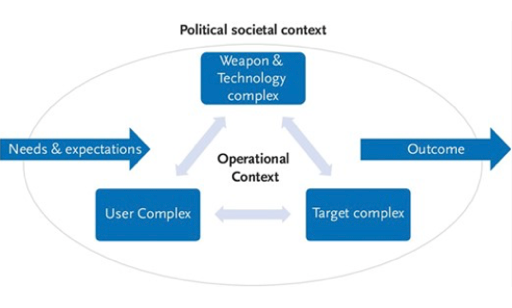
Contact: [email protected]
Prof. Dr. Otto M.J. Adang is a behavioral scientist. He has held a chair in Public Order Management at the Police Academy of the Netherlands since 2004. Since 2016, he is also an associate professor in the field of “Security and Collective Behavior” at the University of Groningen. He has been conducting research in the field of public order since 1985 and has published over 180 papers, book chapters, books, and other publications on the topics of security, use of force, and maintenance of order in the following fields: social psychology, investigative psychology, social simulation, criminal justice, criminology, police research, human rights, sports science, ethology, and primatology in English, German, and Dutch. Translations have been made into Catalan, Norwegian, Ukrainian, Russian, Swedish, and Spanish.
Otto Adang is recognized far beyond the Netherlands as an international expert on major events, public order and crowd management, hooliganism, police use of force, and police and human rights. He has been involved in training, consulting and research related to police operations at soccer and protest events throughout Europe.
Chapter in Anthology:
How Collective Violence Emerges and Escalates



